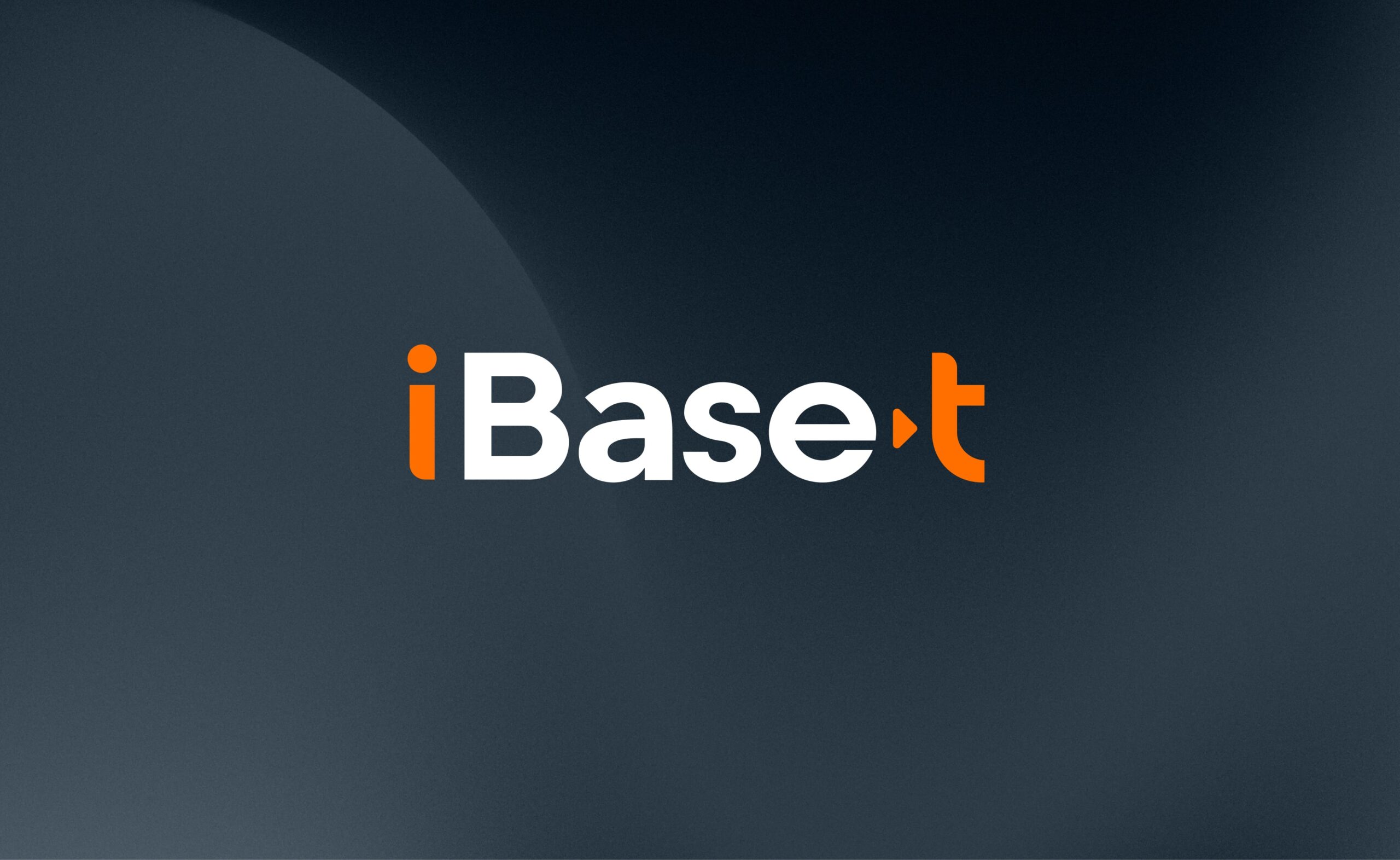The COVID pandemic brought labor criticality issues to the forefront in manufacturing as well as other industries. Yet, some good news has emerged post-pandemic vis-à-vis manufacturing. Prior to the pandemic, 54% of Gen Z workers did not see manufacturing as a viable career. Today 59% of Gen Z workers are willing to consider frontline manufacturing jobs as a career.
With a greying workforce headed toward retirement, manufacturers must ensure they can attract and retain the next generation of workers. Understanding what Gen Z workers are looking for in a tech position, positioning manufacturing as a leading-edge tech opportunity, and then delivering the right experiences are essential to survive, let alone thrive, over the next five years.
What Gen Z Wants in a Career
If you Google “what are Gen Z workers looking for in a career,” you will get back over 31 million hits in less than a second. Forbes, The Economist, and every other business publication all have featured in-depth articles on the topic. McKinsey, Deloitte, and all the leading business strategy consulting firms do as well. Likewise, you’ll read insights from every software provider in the HR, ERP, CRM, and almost every enterprise-level software solution. The answers really fall into a few broad categories:
- Quality of work life
- A sense of self-worth
- The ability to succeed
Quality of work-life revolves around the work-life balance. The flexibility that allows for in-office work, which Gen Z workers value for the social interaction but the ability to work remotely when needed. They are looking for appropriate compensation with rewards for doing well. They want benefits that help them cope with the long hours they are willing to put in when the job requires them. Part of the quality of work issue is a social environment that supports them. Gen Z has grown up with social media, which is just part of their DNA. They need an appropriate social support system at work.
The sense of self-worth revolves around Gen Z workers’ need to feel part of something that benefits society somehow. Even when the industry might not be one that obviously is beneficial, such as the defense industry, the Gen Z worker needs to be able to see that their contributions are in line with their principles, such as promoting ESG, workplace diversity, or other issues important to them. Transparency is a key mechanism to deliver on that.
Finally, Gen Z workers insist on having the tools and technology they need to succeed. Having grown up with technology, they assume it will be available. The irony of many Gen Z workers is that while they are completely comfortable using technology, they often have minimal understanding of the technology. Part of that stems from the reliability of modern technology. Messaging, maps, search, and even their fitness apps all do what they ask without a deep understanding of GPS, SMS, and the biometric sensors embedded in their smartwatch. They also are highly dependent on access to information. They feel entitled to information that will allow them to succeed at their tasks.
To Appeal to Gen Z, Provide the Right Tools
First, manufacturers need to understand that they need two different types of next-generation employees. They need front-line workers who use the technology to build their products and technologists who implement and maintain those technologies. While both will come from the Gen Z workforce, they will look for different things. The operators will want intuitive solutions, provide them with all the data they need to do their jobs, and give them visibility into how they are contributing to the success of the company and acting in a socially responsible way. The technologists will want reliable platforms that they can extend and support. They want technology that allows them to be viewed by their operations peers as part of the team, not part of the problem.
On the Plant Floor, Your MES is How to Support Gen Z Workers
Suppose you look at what motivates the Gen Z worker, access to data, intuitive technology that allows them to do their jobs well, and the ability to gauge their contributions. In that case, the modern micro-services-based MES solution provides exactly that platform. Manufacturing isn’t the dirty, dead-end job of the past. With tools like robotics, automation, additive manufacturing, and a powerful MES to make is all work together, manufacturing is the Gen Z job of the future.





